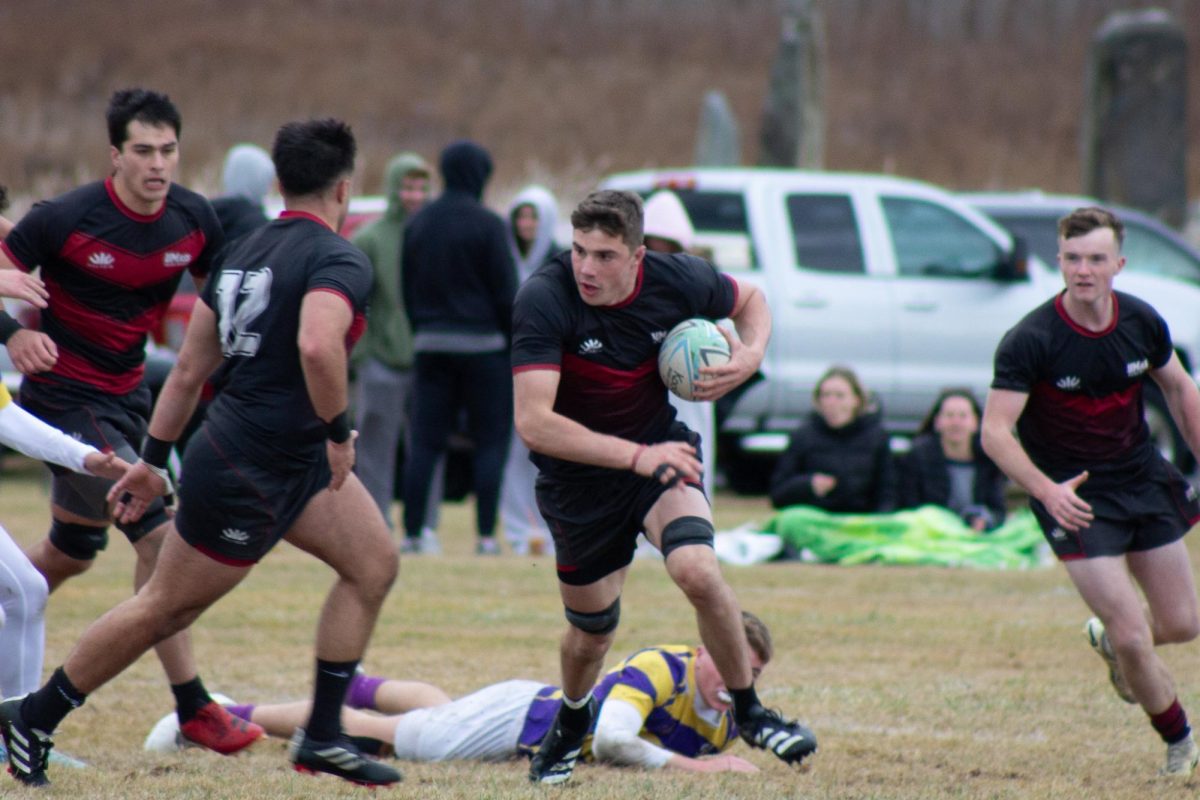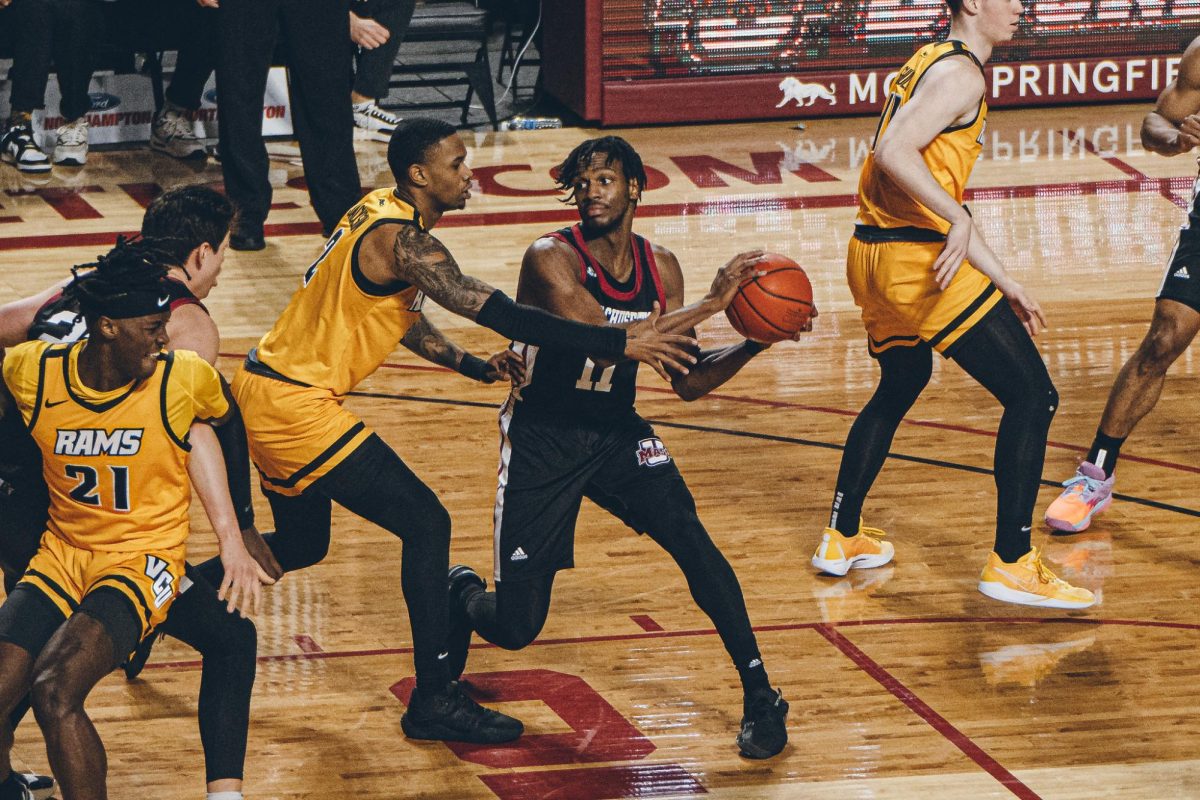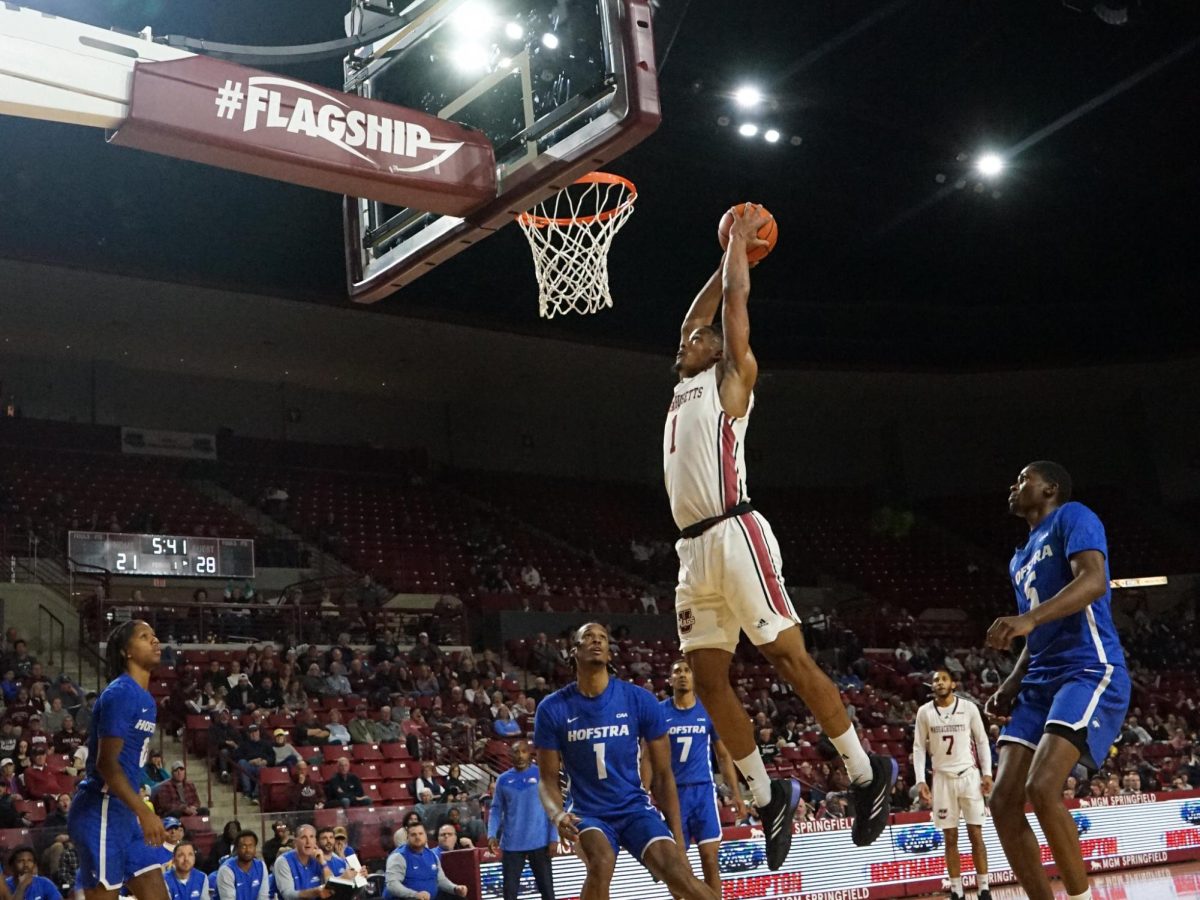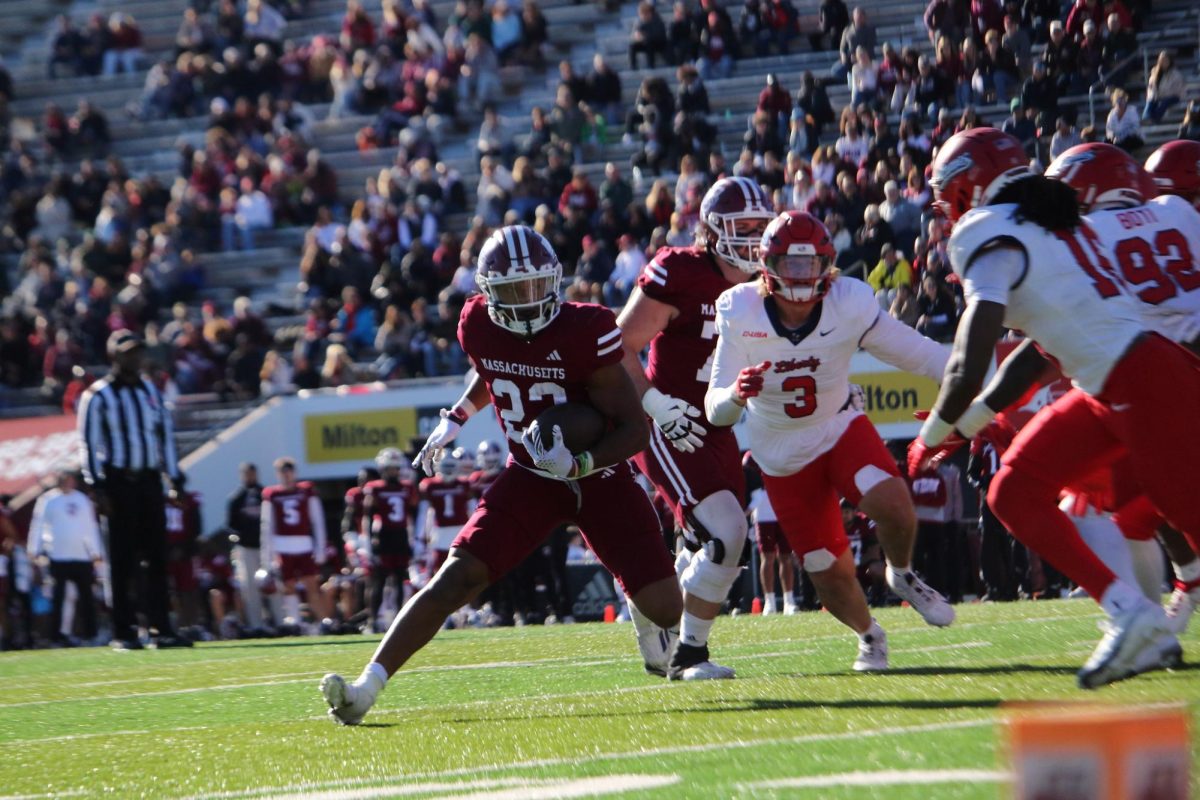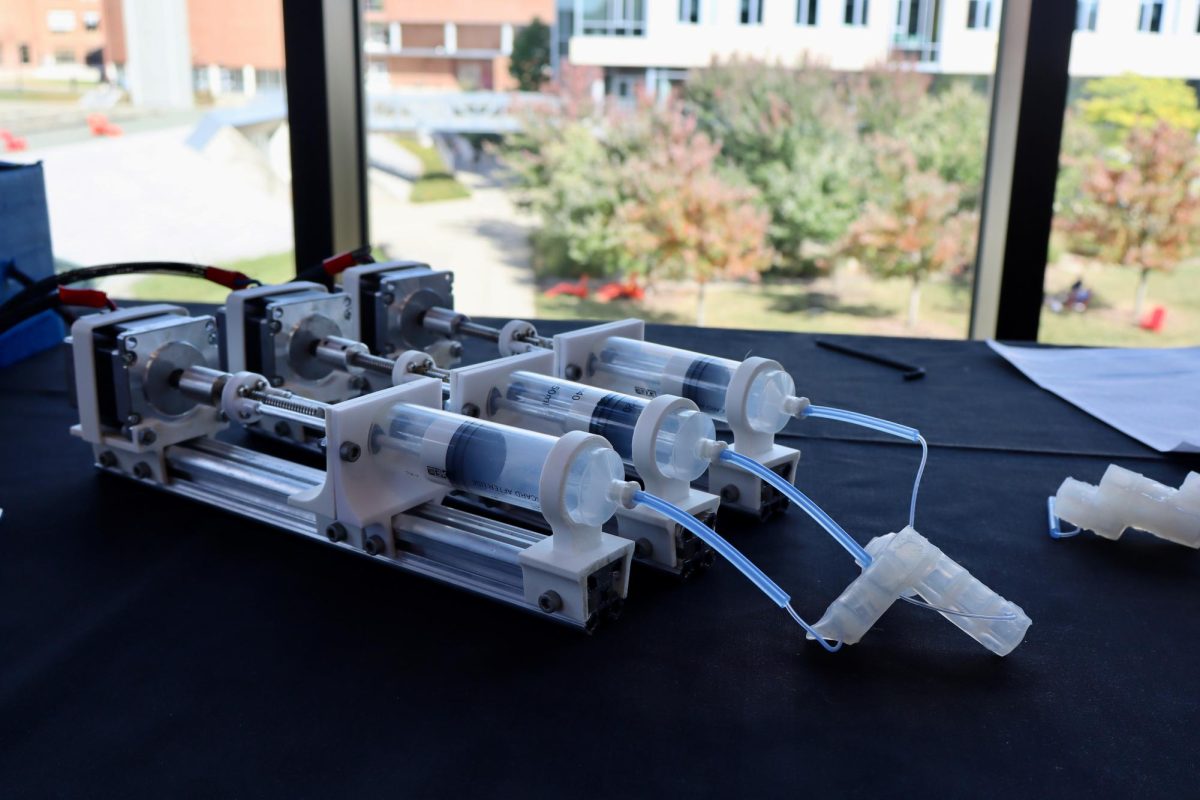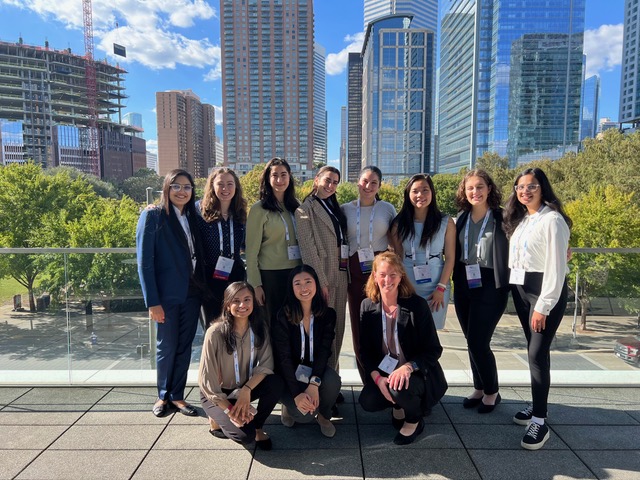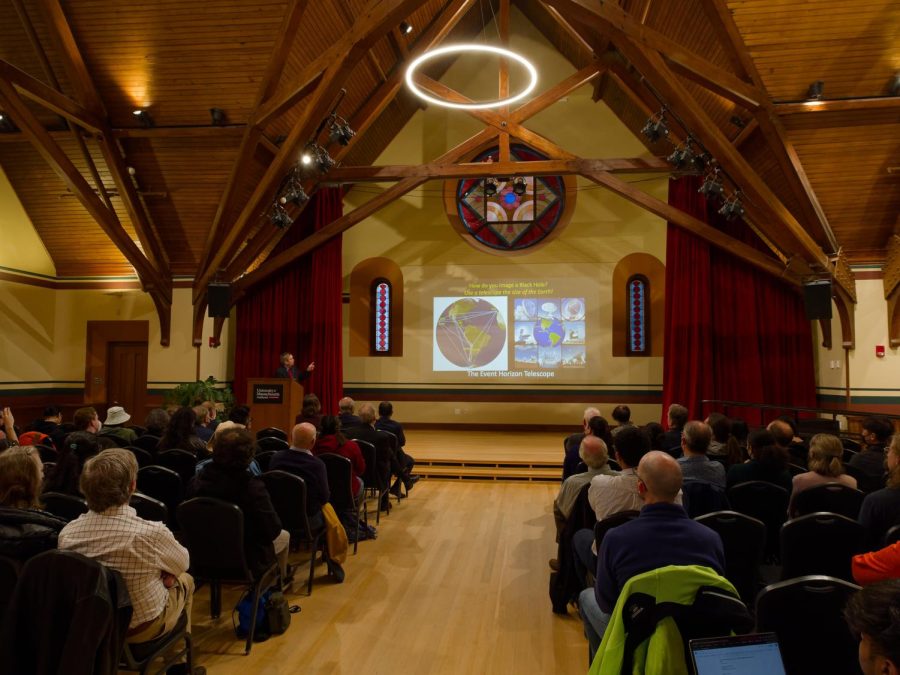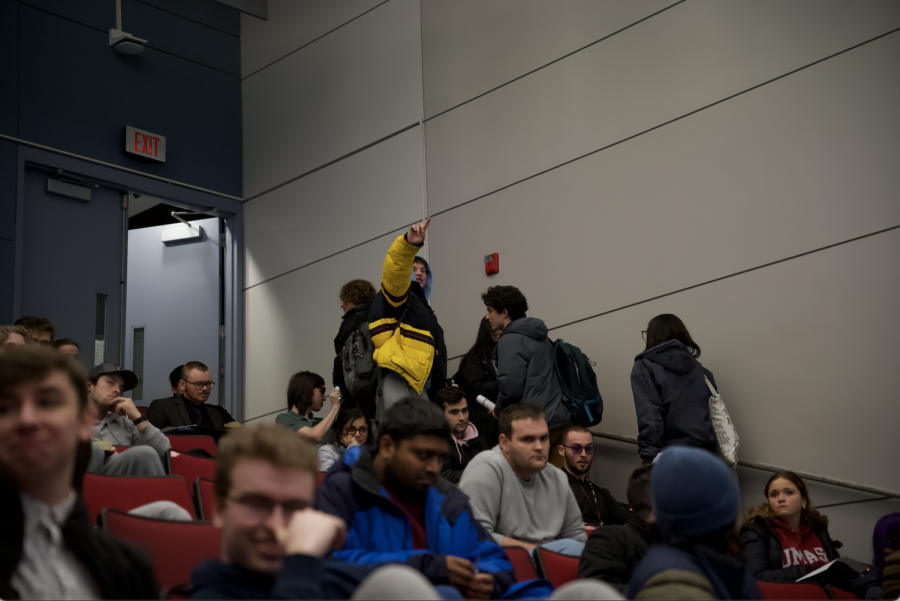
First, expect the unexpected.
“I had a summer undergraduate internship working in a physics lab with some fancy microscopes. I got very interested in what we could do with those microscopes in biology.” said Magdelana Benazilla, associate professor of biology at UMass and a 2010 PECASE award winner, speaking of her interest in cell biology. As an undergraduate, Benazilla was a physics major, but once in the field, she found she had an affinity for cell biology (especially working with plants) and the immense research potential in that field.
“It has a lot more open questions,” said Benazilla.
Currently, Benazilla’s lab works with a moss called “Physcomitrella Patens.” They are studying tubular cells in this moss which appear to be responsible for the plant’s ability to grow roots. Benazilla hopes to be able to control how much nutrients, water and so on will be absorbed. While the pure science that she and her team will gain is astounding, the practical applications also give her work a special sort of meaning, for these tubular cells also control pollen production, which allow for the fertilization and reproduction of the plant.
“Once you have a basic understanding, you have the potential to stop pollen tubes form growing. So if you have GMOs (Genetically Modified Organisms), and you don’t want that pollen floating around in nature and fertilizing other plants, you can make sure that the pollen is dead and never leaves the plant. You can control that,” said Benazilla.
While Benazilla’s innovation makes her a great professor and researcher, innovation alone does not a PECASE make. The secondary recognition of the Presidential PECASE is commitment to community service in their field. Benazilla herself uses her work to educate the next generation of researchers. She also has submitted a proposal that will try and recruit underrepresented minorities into the sciences.
Another lesson that UMass undergraduates can take away from the PECASE recipients is that the choice of a major is by far not the only ingredient for success. Ryan Hayward, the second PECASE recipient for 2010 and a polymer science and engineering professor at the University, stresses the alternative routes students must take, especially in the sciences.
“Get involved in research early, as soon as you can. Even as a freshman or sophomore, look at what’s available and what interests you, and try to get into the lab,” said Hayward.
“You have to go look for those opportunities. Unfortunately, they’re often not advertised as well as they could be, but if you talk to faculty whose work you’re interested in, they’re usually very amenable to it. Most people in this job have a commitment to undergraduate education in and outside of the classroom,” he added.
Through his undergraduate lab work, he began to take a great interest in the material science field and eventually became focused on polymer science.
Hayward studies “MEMS” (Micro Electrical Mechanical Systems), which are miniscule machines with similar technology to a computer chip. They are often times produced for technology such as smartphones, the Nintendo Wii and even airbag sensors. Hayward wants to take that technology and adapt it for what he calls a biological or “messy” environment.
“So if you want to think about it this way, you would be building micro-devices to say, sort cells and know the difference between healthy cells and malignant cells.”
It would be, as Hayward put it, a “lab on a chip.”
As for the community outreach portion of the award, Hayward works with the Materials, Research, Science, and Engineering Center (MRSEC) on campus; he is the associate director for its Education, Outreach, and Diversity Efforts, which, among other things, brings polymer science into elementary, middle and high school classrooms.
Megan Valcour can be reached at [email protected].

